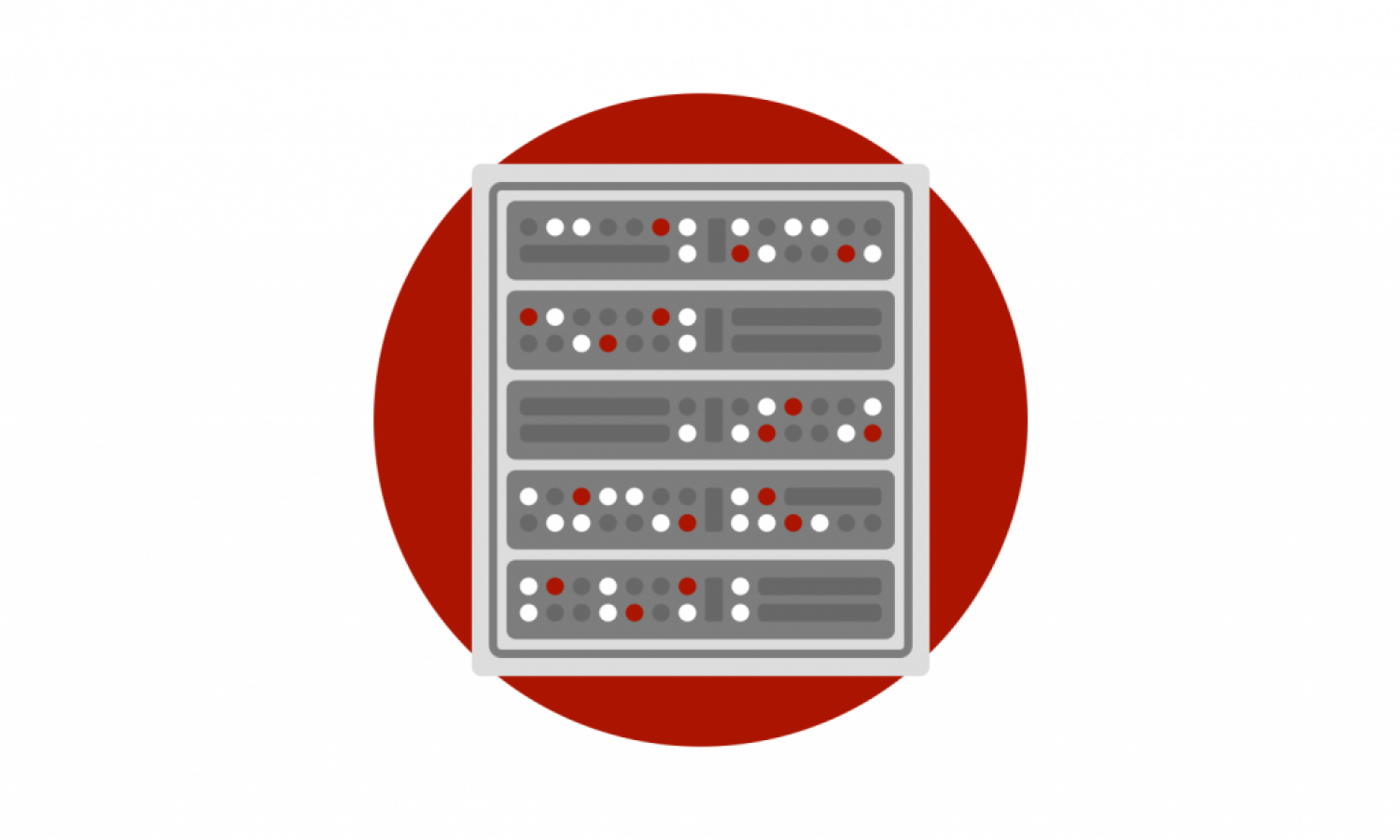Amending Section 230: Bad Idea for the Internet
The following is a guest post by i2Coalition Co-Founder David Snead.
In 1996, Congress passed Section 230, an amendment to the Communications Decency Act that protects Internet providers from being liable for the content placed on their servers by users. Section 230 is critical for Internet companies given the sheer volume of content created daily online. When it was passed, infrastructure providers faced routine threats of litigation based simply on the fact that their customer had created content that someone else objected to. But what drives the Internet is content, both traditional speech, such as review sites like Yelp, and commercial speech where a business talks about how great its products are. Without Section 230, the Internet as we know it would not be possible.
Members of the National Association of Attorneys General have sent a letter to Congress in support of an amendment to Section 230 that would make Internet providers liable under state laws for the content from their users. Currently, Section 230 preempts most state laws that would be used to hold Internet infrastructure providers legally responsible for their customer’s content. However, the proposal from the National Association of Attorneys General would exclude state criminal prosecutions, creating an added risk for small and medium-sized business owners who do not possess the resources to pay for the compliance costs that such a fundamental change would present. The sheer magnitude of state criminal laws, and prosecutions, would essentially render Section 230 meaningless. Further, the issue that is at the heart of the attorney general’s letter already possesses a remedy in Federal law and is not subject to Section 230.
The i2Coalition and Tech Freedom recently co-hosted panel discussions for Capitol Hill staffers to address this important issue and discuss the potential economic and communications implications that the NAAG proposal would have on the Internet. I was a panelist along with Prof Eric Goldman of Santa Clara University, Steve Delbianco from NetChoice, David Sohn from the Center for Democracy and Technology, and Gabe Rottman from the American Civil Liberties Union.
If websites and Internet companies want their users to create innovative content, Section 230 must protect the intermediaries and infrastructure companies that host the content. Any proposal to alter the current structure of Section 230 in such a way that undermines liability protection for intermediaries and web hosts threatens the existence of websites that Americans use to share content, express viewpoints and engage in online commerce and may lead to the end of user-generated communities.
Because content cannot be taken down based on a particular viewpoint, and the creators of the content are able to evaluate liability themselves, Section 230 creates a legal structure that allows U.S. Internet infrastructure providers to create a stable enforcement climate for their users. This stable climate attracts foreign investors and international entrepreneurs. Section 230 is the basis of this unique appeal, giving the United States an international competitive advantage.
Internet infrastructure providers should not be put in the middle of decisions involving nuanced speech laws. It is not up to a provider to determine the validity of claims made against its customers or users. The Internet crosses state boundaries and user-generated content does not confine itself to a single jurisdiction. It therefore makes sense for the federal law – including Section 230 – to take precedence.

